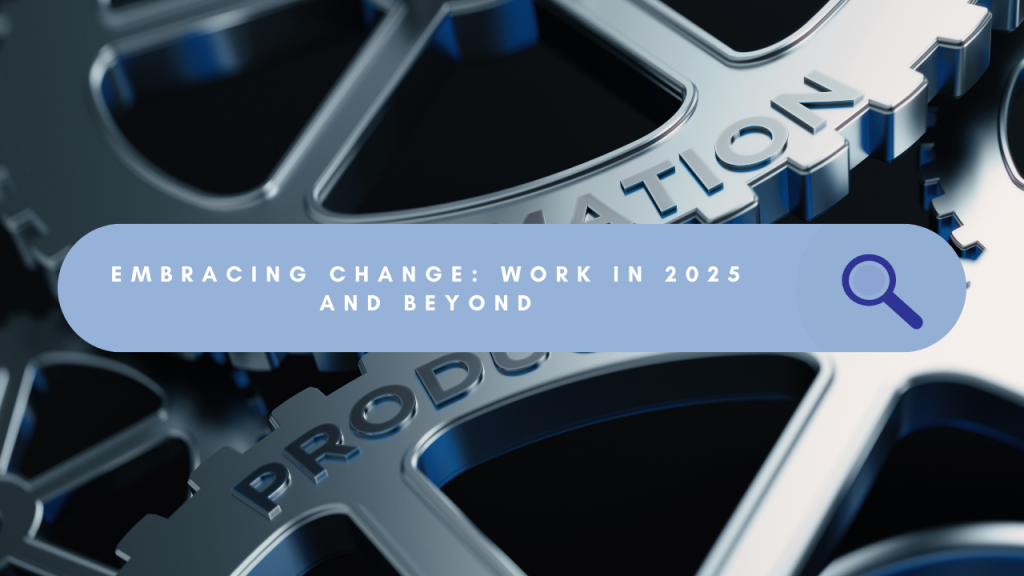The future of work is undergoing a profound transformation in 2025, driven by the twin forces of automation and remote collaboration. As advancements in artificial intelligence, robotics, and machine learning accelerate, businesses are increasingly turning to automation to streamline operations, boost productivity, and drive innovation. From manufacturing and logistics to healthcare and finance, automation is reshaping the way we work, challenging traditional notions of employment and labor.
However, this wave of automation also brings its own set of challenges, including concerns about job displacement, income inequality, and the erosion of job security. As routine tasks become automated, workers will need to adapt to new roles that require creativity, critical thinking, and emotional intelligence. Additionally, the rise of the gig economy and remote work arrangements is blurring the lines between work and leisure, raising questions about work-life balance, mental health, and social cohesion.
The COVID-19 pandemic has accelerated the shift toward remote work, as businesses around the world adapt to new ways of working and collaborating in a digital-first world. While remote work offers flexibility and autonomy for employees, it also presents challenges in terms of communication, collaboration, and team cohesion. As organizations embrace hybrid work models that blend remote and in-person work, they must invest in technology, infrastructure, and training to support a distributed workforce.
Despite these challenges, there are also opportunities for innovation and growth in the future of work. The rise of remote collaboration tools, virtual reality, and augmented reality is enabling new forms of digital collaboration and immersive learning experiences. From virtual meetings and conferences to virtual team-building activities and training programs, technology is breaking down barriers to collaboration and fostering greater inclusivity and accessibility in the workplace.
In conclusion, the future of work in 2025 is characterized by rapid technological advancement, evolving workforce dynamics, and changing attitudes toward work and employment. By embracing automation, fostering remote collaboration, and investing in skills development, businesses and governments can navigate the challenges and opportunities of the digital age and build a more resilient, inclusive, and sustainable future of work.




